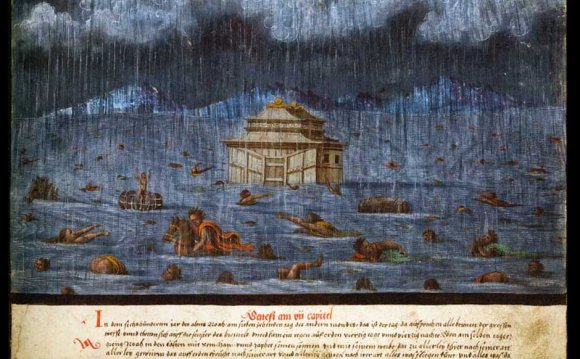
I like James Michener a lot. That said, it's obvious that he's not for everybody and in fact, I would argue that most people are not reading James Michener correctly. And before you say, "You shouldn't need to be told how to read something in order to be able to read it, " I would say this: people should have some understanding of say, the Bible, or the Qur'an, or of Nietzche, or Plato, or Buddhist Sutras before you start engaging with them. Or if you're trying to argue that that's intense philos I like James Michener a lot. That said, it's obvious that he's not for everybody and in fact, I would argue that most people are not reading James Michener correctly. And before you say, "You shouldn't need to be told how to read something in order to be able to read it, " I would say this: people should have some understanding of say, the Bible, or the Qur'an, or of Nietzche, or Plato, or Buddhist Sutras before you start engaging with them. Or if you're trying to argue that that's intense philosophy, not fictional novels, well you have a selection to choose from, because we do the same with Shakespeare's plays, with Dickens' novels, etc. So I'd argue that a primer is necessary for those who are not familiar with the novels of James Michener.
Michener has been called "the King of beach reading, " which I find mysterious because his books are massive and (if you are reading a hard-cover, first edition copy like I was) can cause wrist cramps which doesn't seem ideal while lying on coastal paradise, being enveloped into the annals of a country that was raped by historical forces and the madness of humanity over and over again.
James Michener, quite simply, tries to capture the essence of an era into a novelized format. For example, his novel "Space" begins with the close of the second World War and the escape of Peenemunde scientists from the Third Reich to the United States, and ends with the development of the Space Shuttle. And between those important events, it covers the political intrigue, the military-industrial terror of the '60s and '70s, the excitement and thrill of landing on the moon, the pop culture and misinformation of the American people, and then the tragedy of space accidents like Apollo 1. And all through these epic events, the mystical location, and the representative characters, there's the theme woven through the novel: what is humanity's next step?
Knowing what you know now, you can probably construct the basics of Michener's Poland: it's about a fictional village (Bukowo) on the Vistula between Krakow and Warsaw. It features three families representing the nobility (Lubonski), the rising middle class (Bukowski), and the peasantry (Buk). And it is woven through with an important theme immortalized in this phrase:
"A Pole is a man born with a sword in one hand and a brick in the other. When the fighting is over, he rebuilds."
YOU MIGHT ALSO LIKE












